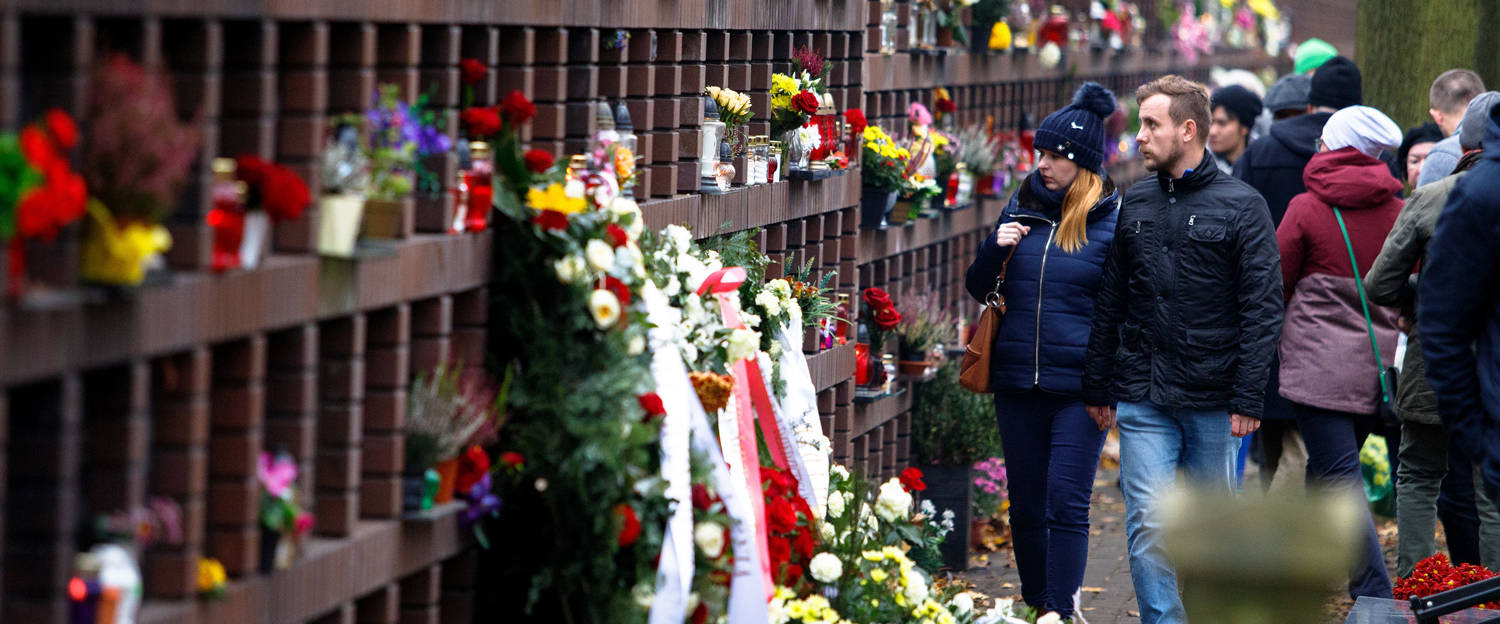
Like so many customs incorporated into Catholicism, this tradition actually has pagan roots. After All Saints’ Day was established as a holy day of obligation in 835, Saint Odilon had the bright idea in 998 of designating November 2nd as All Souls’ Day to replace the ancient Slavic tradition of ‘Dziady’. During Dziady (literally, ‘Forefathers’), the living would prepare an elaborate feast to host the souls of those who had passed, believing that on this day they were able to leave the afterlife and return to their families. Places were set at the table for the ancestors and fires were often lit on the road showing them the way to the house. A soul forgotten at Dziady would bring on bad luck. [For this reason we challenge you to find an unloved grave, however unlikely, and light a candle there.]
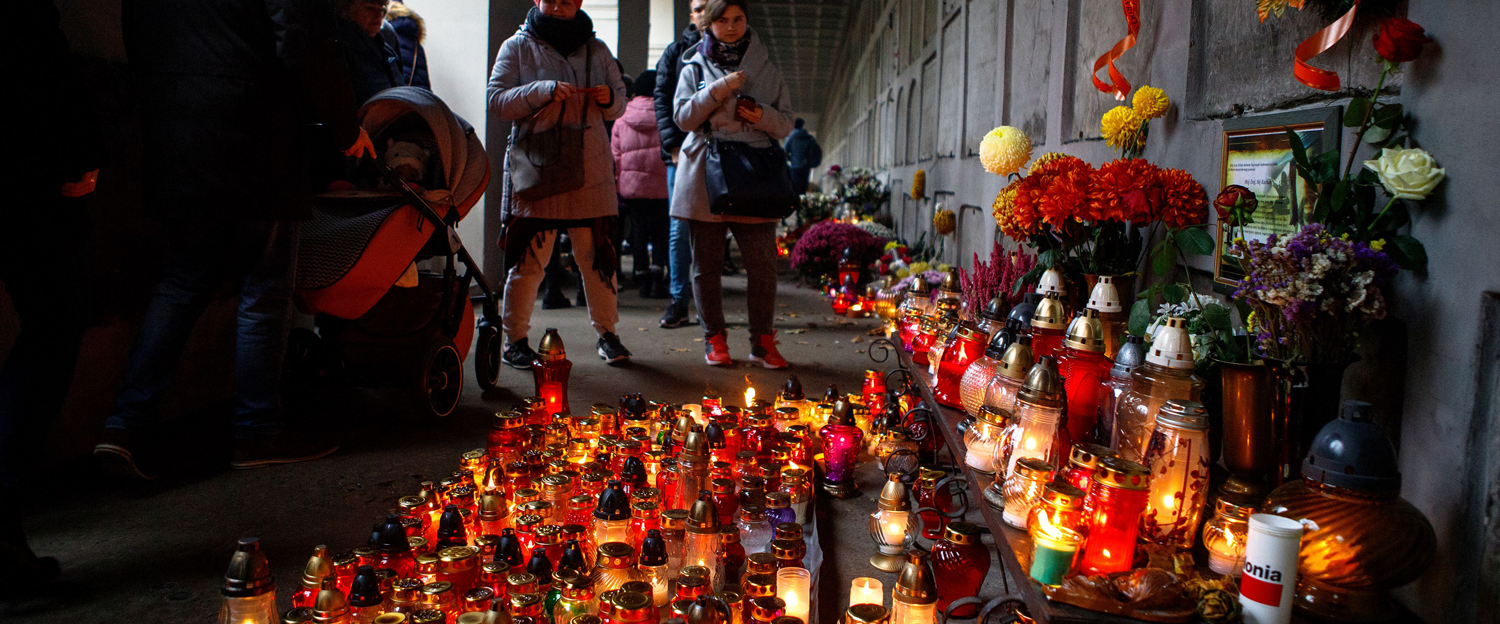
Practical Info for All Saints' Day
Note that November 1st is a bank holiday; only public transportation and emergency response employees are obliged to work this day. Warsaw's Catholic cemeteries, in contrast, will be open until last guest, with special tramlines running frequently and until late at night in order to accommodate visitors. Use warsaw.jakdojade.pl to find connections. Don't worry, candles of all varieties can be bought outside the cemetery gates, as well as flowers - fresh or fake, traditional sweets and roasted nuts.So which cemetery should you visit? Below we list our favourites in Warsaw. Certainly the best time to visit is right at dusk, but note that on November 1st the crowds are at their peak just after sundown and until about 20:00. For smaller crowds, consider visiting the following day on November 2nd or even later in the week.


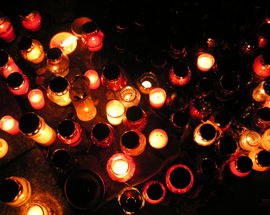
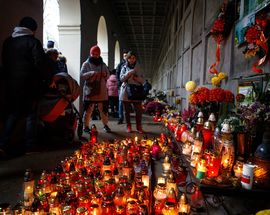
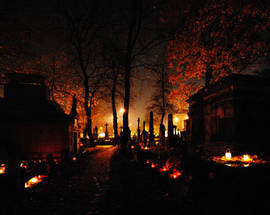
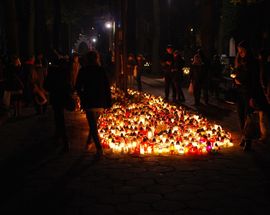
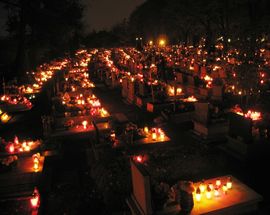
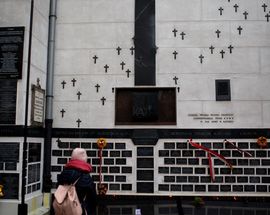
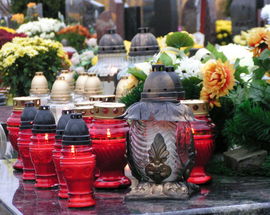
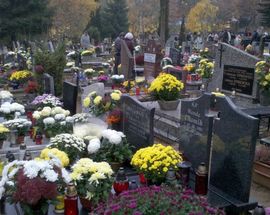
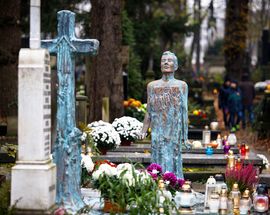
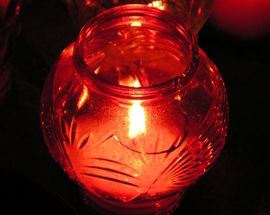

Comments